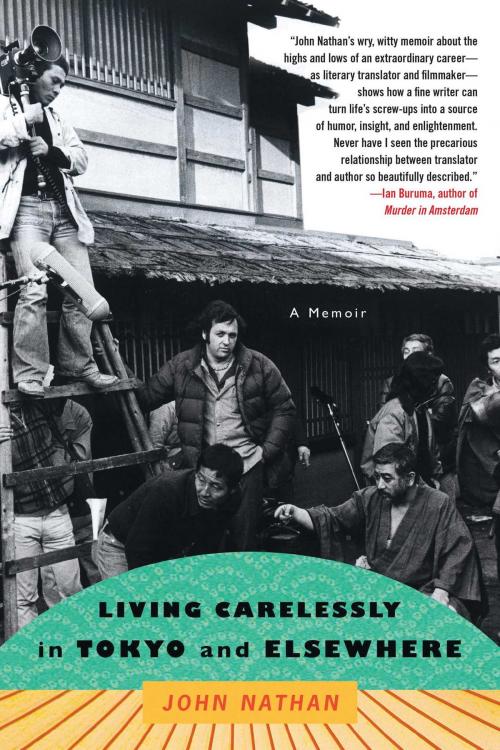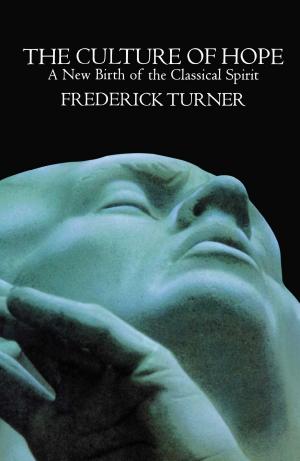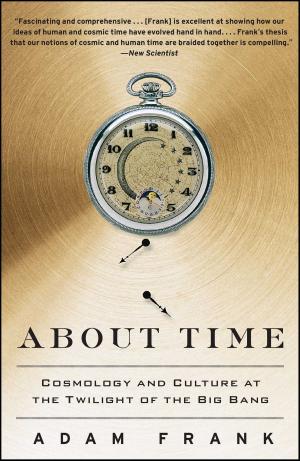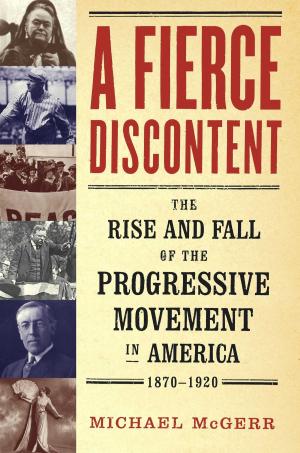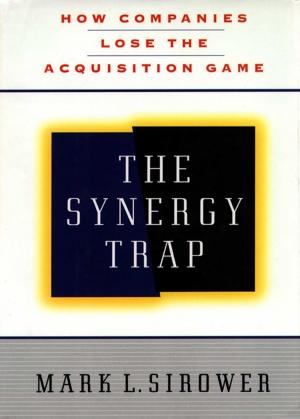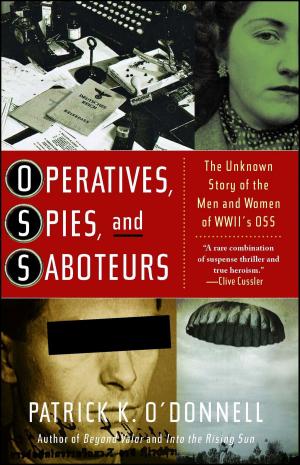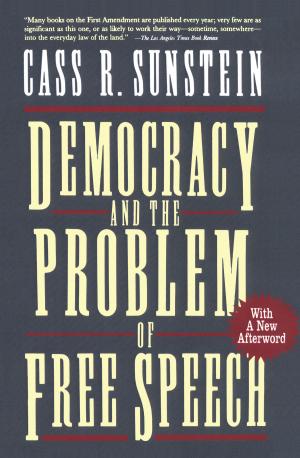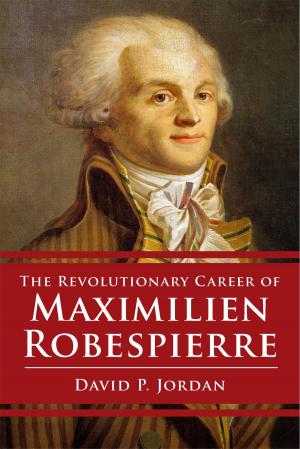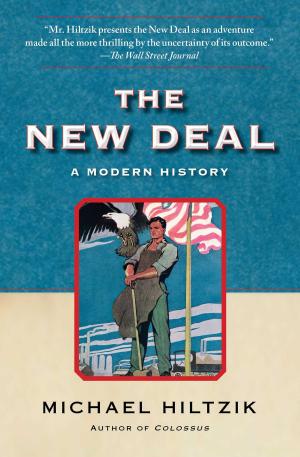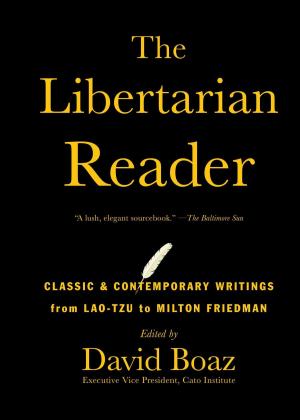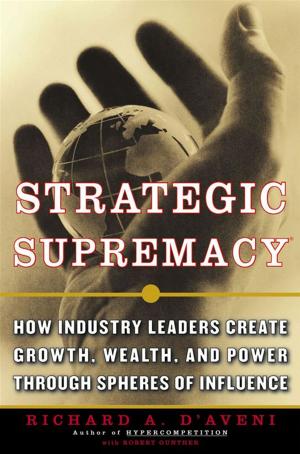Living Carelessly in Tokyo and Elsewhere
A Memoir
Nonfiction, Travel, Asia, Japan, Biography & Memoir| Author: | John Nathan | ISBN: | 9781416593782 |
| Publisher: | Free Press | Publication: | March 18, 2008 |
| Imprint: | Free Press | Language: | English |
| Author: | John Nathan |
| ISBN: | 9781416593782 |
| Publisher: | Free Press |
| Publication: | March 18, 2008 |
| Imprint: | Free Press |
| Language: | English |
John Nathan arrived in Tokyo in 1961 fresh out of Harvard College, bringing with him no practical experience, no more than two connections, no prospects, and little else to recommend him but stoic, unflappable pluck. Japan at that time was still in the shadow of the Occupation, and only a handful of foreigners were studying the country seriously. Two years later, Nathan became the first American to pass the entrance exams to the best school in Japan, the University of Tokyo. He went on to translate two of Japan's greatest contemporary writers, Yukio Mishima and Nobel laureate Kenzaburõ Õe, and direct several series of films in and about Japan in collaboration with world-famous directors and businesses; earn an advanced degree at Harvard and a professorship at Princeton; and become a Hollywood screenwriter. Nathan was given unprecedented access to the inner sanctum of Sony for his book Sony: The Private Life, and he explored the damaged psyche of postbubble Japan in his acclaimed Japan Unbound.
During his decades of passionate engagement with Japan, Nathan became close friends with many of the most gifted people in the land -- politicians and business leaders as well as painters, novelists, directors, rock stars, and movie stars -- and was privileged to travel, in their very special company, inside domains of Japanese life not normally open to foreigners then or now. In his unique chronicle of that journey, Living Carelessly in Tokyo and Elsewhere, he details the adventures sublime, profane, and uproarious, many of a distinctly Japanese nature, that characterized his career, which was singular in its success as much as in its chaos. Along the way, he brings the most exciting era in recent Japanese history vividly into focus with wry humor, penetrating insight, and pathos.
John Nathan is not the only foreigner to have developed a rich, full, deeply nuanced understanding of Japan. But his experiences are certainly extraordinary and in fact irreproducible, and his memoir is the most personally satisfying story yet told of Japan (and elsewhere). From Nathan's lifetime of wisdom, compassion, and brazen resolve, we learn the value of traveling within our own mental and emotional borders as well as without the many places we call home.
John Nathan arrived in Tokyo in 1961 fresh out of Harvard College, bringing with him no practical experience, no more than two connections, no prospects, and little else to recommend him but stoic, unflappable pluck. Japan at that time was still in the shadow of the Occupation, and only a handful of foreigners were studying the country seriously. Two years later, Nathan became the first American to pass the entrance exams to the best school in Japan, the University of Tokyo. He went on to translate two of Japan's greatest contemporary writers, Yukio Mishima and Nobel laureate Kenzaburõ Õe, and direct several series of films in and about Japan in collaboration with world-famous directors and businesses; earn an advanced degree at Harvard and a professorship at Princeton; and become a Hollywood screenwriter. Nathan was given unprecedented access to the inner sanctum of Sony for his book Sony: The Private Life, and he explored the damaged psyche of postbubble Japan in his acclaimed Japan Unbound.
During his decades of passionate engagement with Japan, Nathan became close friends with many of the most gifted people in the land -- politicians and business leaders as well as painters, novelists, directors, rock stars, and movie stars -- and was privileged to travel, in their very special company, inside domains of Japanese life not normally open to foreigners then or now. In his unique chronicle of that journey, Living Carelessly in Tokyo and Elsewhere, he details the adventures sublime, profane, and uproarious, many of a distinctly Japanese nature, that characterized his career, which was singular in its success as much as in its chaos. Along the way, he brings the most exciting era in recent Japanese history vividly into focus with wry humor, penetrating insight, and pathos.
John Nathan is not the only foreigner to have developed a rich, full, deeply nuanced understanding of Japan. But his experiences are certainly extraordinary and in fact irreproducible, and his memoir is the most personally satisfying story yet told of Japan (and elsewhere). From Nathan's lifetime of wisdom, compassion, and brazen resolve, we learn the value of traveling within our own mental and emotional borders as well as without the many places we call home.
